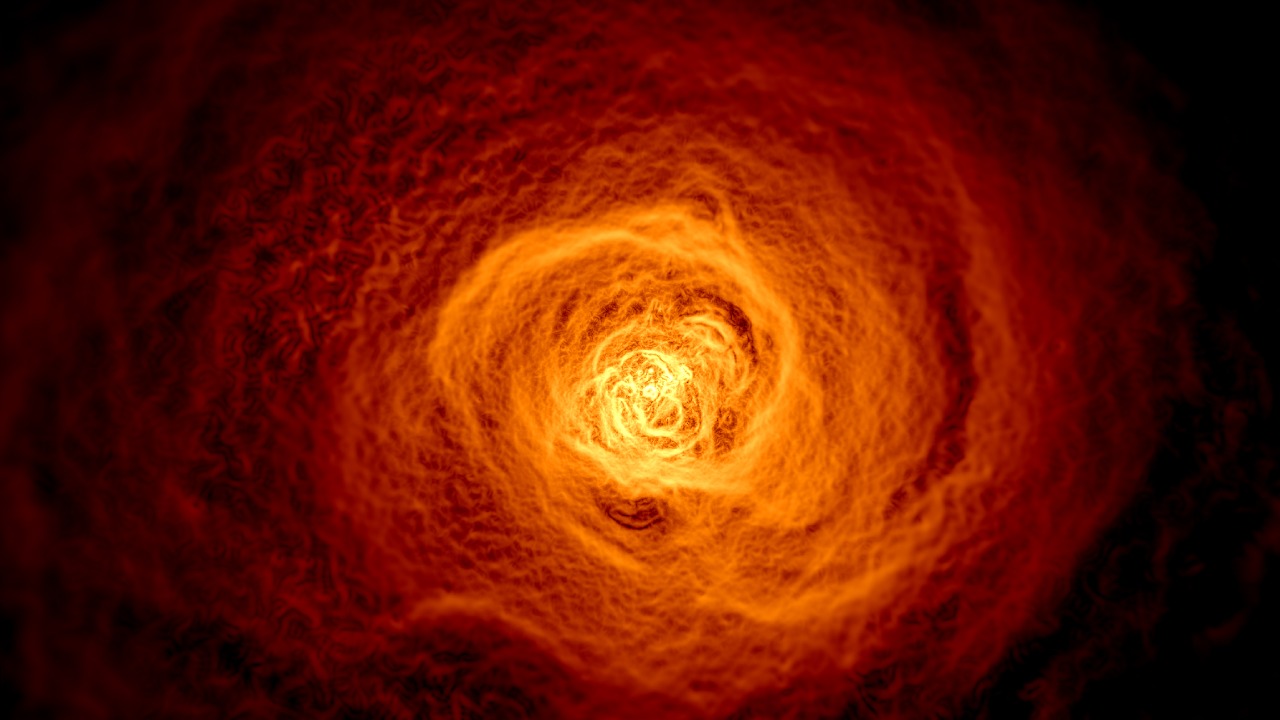
The notion that our universe might be a giant simulation has intrigued scientists and philosophers for decades. Recent advancements in technology and theoretical physics have reignited this debate, with astronomers and physicists weighing in on the possibility.
Let’s delves into the evidence and theories that support the simulation hypothesis, exploring its implications for our understanding of reality.
The Simulation Hypothesis Explained

The simulation hypothesis suggests that our reality might be an artificial construct, akin to a highly sophisticated computer program. This idea dates back to the philosophical musings of René Descartes, but it gained modern traction through the work of individuals like philosopher Nick Bostrom. In his seminal paper, Bostrom argued that future civilizations might possess the technological prowess to create detailed simulations of their ancestors, potentially leading to the conclusion that we are living in one such simulation.
Theoretical physics offers intriguing possibilities regarding the simulation hypothesis. Concepts like string theory and multiverse theory provide frameworks in which a simulated universe could exist. These theories suggest that our universe operates on fundamental principles that could, in theory, be coded into a simulation. The boundaries between physical reality and simulated constructs become blurred when one considers the mathematical precision with which our universe operates. This mathematical elegance might hint at an underlying digital framework, much like a computer program.
Evidence Supporting the Simulation Theory
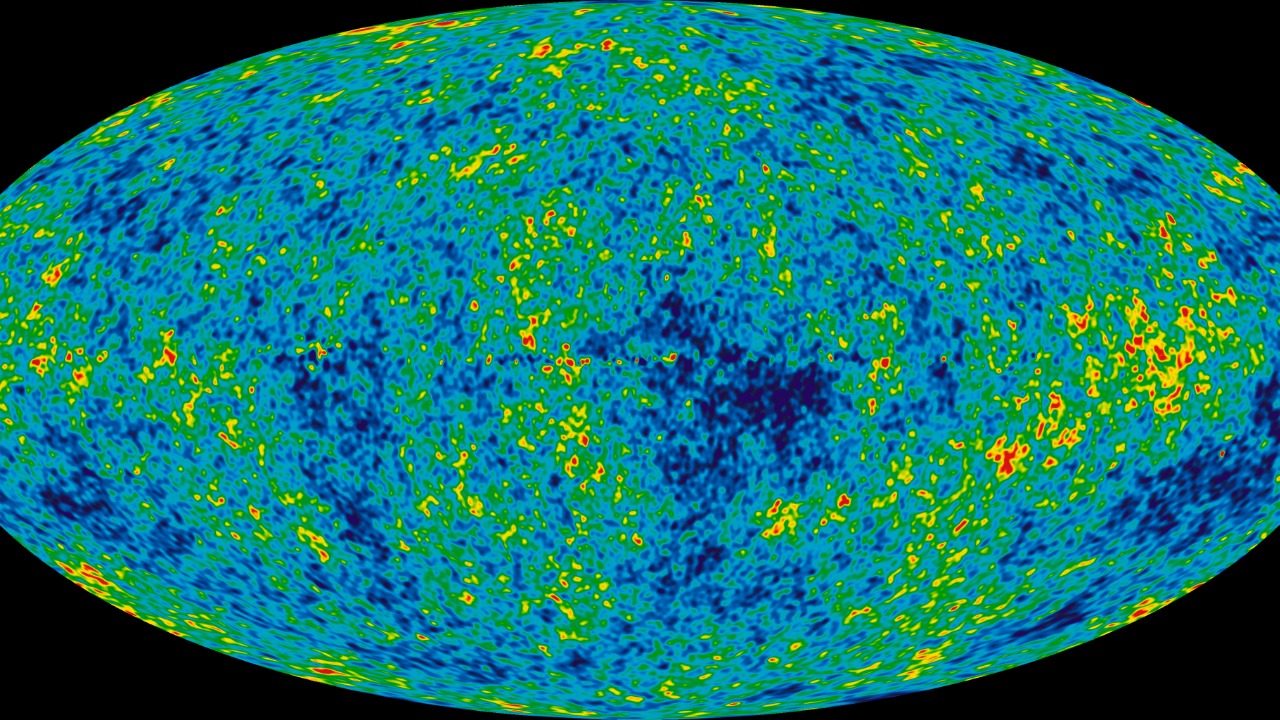
Quantum mechanics, with its peculiarities and counterintuitive phenomena, provides some of the most compelling evidence for the simulation theory. The digital nature of reality is suggested by the quantized states of particles—essentially, the universe seems to process information in discrete chunks, much like a computer. The famous double-slit experiment, where particles exhibit wave-like behavior until observed, raises questions about the nature of reality and observation itself. These phenomena might be indicative of a programmed universe designed to appear consistent only when observed.
Cosmological observations also offer support for the simulation hypothesis. The cosmic microwave background radiation, often described as the afterglow of the Big Bang, displays anomalies that some scientists believe could result from a programmed simulation. Additionally, the universe’s computational limits, such as the speed of light serving as a universal speed limit, might hint at constraints imposed by a simulation’s architecture. These limitations could be analogous to processing power limits in computer simulations, suggesting that our universe might be bound by similar rules.
Critiques and Counterarguments
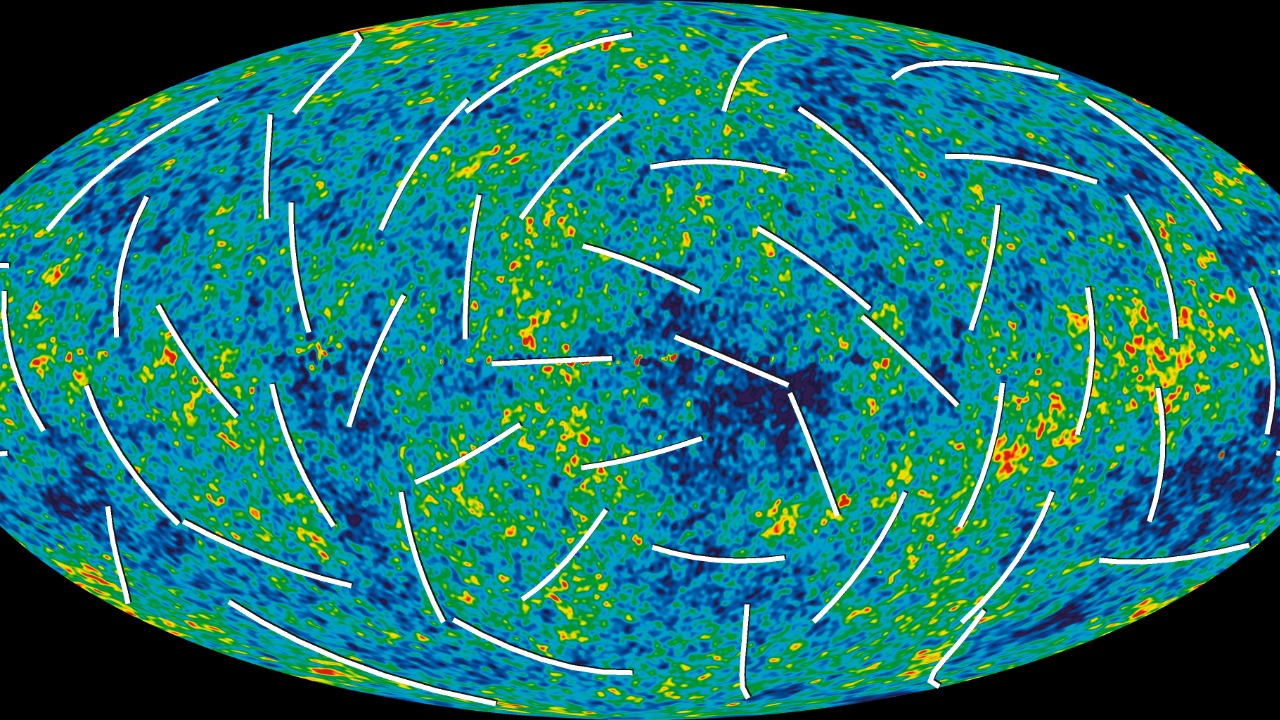
Despite the compelling arguments supporting the simulation hypothesis, there are numerous critiques and counterarguments. Philosophically, the simulation argument faces challenges from the likes of Occam’s Razor, which favors simpler explanations over more complex ones. The idea that the universe is a naturally occurring entity, rather than a programmed construct, is inherently simpler and requires fewer assumptions.
Scientific skepticism also plays a significant role in the simulation debate. Many scientists argue that there is currently no empirical evidence to prove that our universe is a simulation. Alternative explanations, such as the anthropic principle, provide naturalistic reasons for the universe’s fine-tuning without resorting to simulation. Moreover, the limitations of current technology make it challenging to test the hypothesis definitively. While some experiments aim to detect potential glitches or anomalies indicative of a simulation, they are still in their nascent stages.
Implications for Science and Philosophy
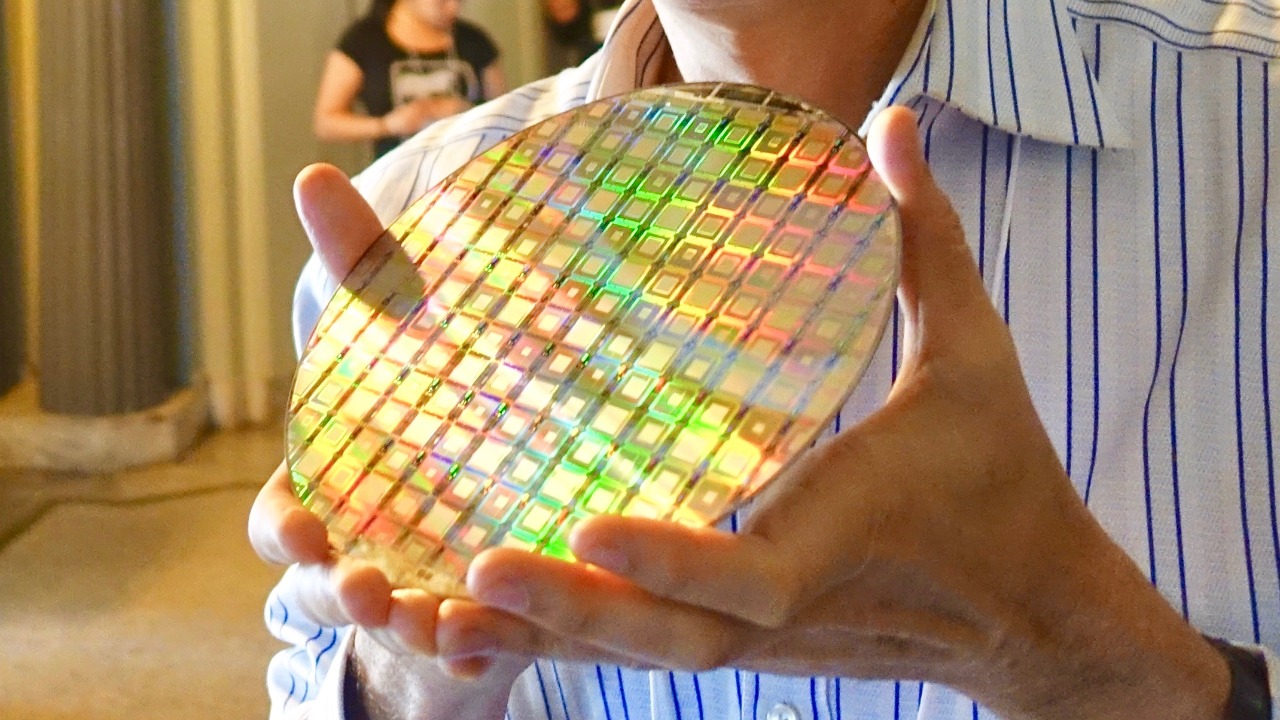
If the simulation hypothesis holds true, it could have profound implications for science and philosophy. Our understanding of consciousness, for example, might shift dramatically. If we are indeed living in a simulation, consciousness itself could be a programmed phenomenon, challenging the notion of a unique, independent self. This idea raises questions about the nature of existence and the essence of what it means to be human.
Ethics and the concept of free will might also be impacted by the simulation hypothesis. In a simulated universe, moral and ethical decisions could be perceived as predetermined by the simulation’s parameters, potentially undermining the concept of free will. This could lead to a reevaluation of ethical frameworks and the moral responsibilities of individuals. Additionally, the role of technology and future research is crucial in exploring these possibilities. Continued advancements in fields like artificial intelligence and quantum computing might provide the tools necessary to test and potentially validate the simulation hypothesis.
Future Directions and Research
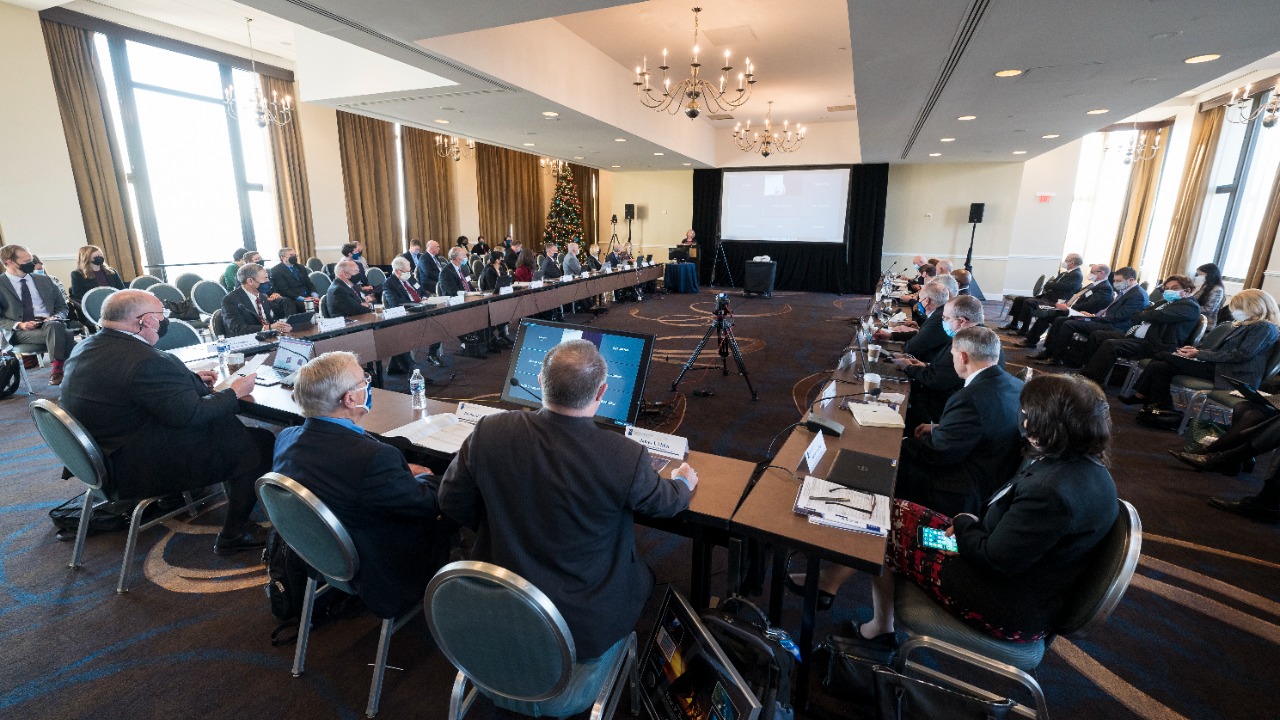
Current projects and experiments are underway to explore the simulation theory further. Researchers are investigating cosmic rays and their energy distribution to detect potential signs of a simulated universe. These efforts are bolstered by advancements in quantum computing, which may provide insights into the digital nature of reality. Experiments like these aim to uncover inconsistencies or patterns that would suggest a programmed universe.
The role of artificial intelligence is another promising avenue for research. AI could be used to simulate complex systems, potentially offering insights into how a simulated universe might function. These simulations could help scientists understand the parameters necessary for a universe to exist and thrive. Collaborative efforts between astronomers, physicists, and philosophers are essential in advancing our understanding of the simulation hypothesis. By combining expertise from various fields, researchers can address the complex questions that this hypothesis raises, potentially leading to groundbreaking discoveries about the nature of our universe.